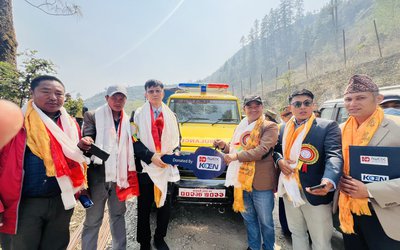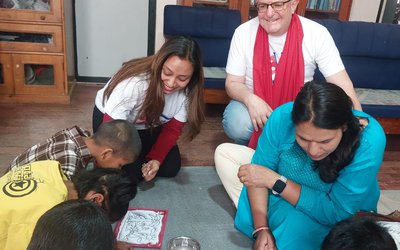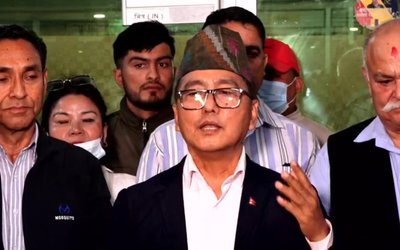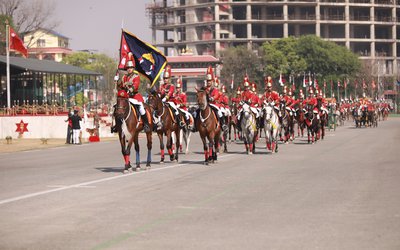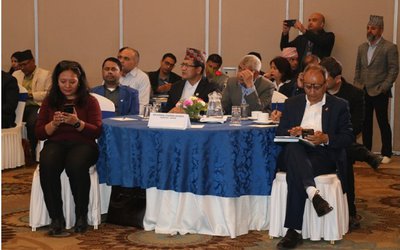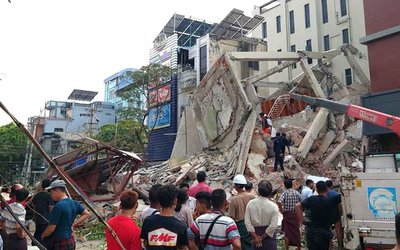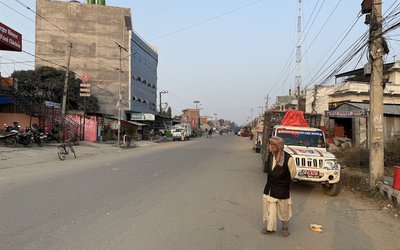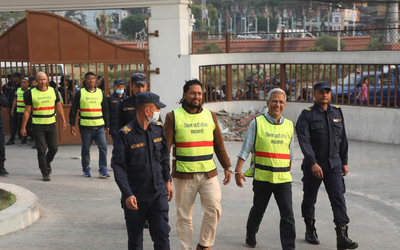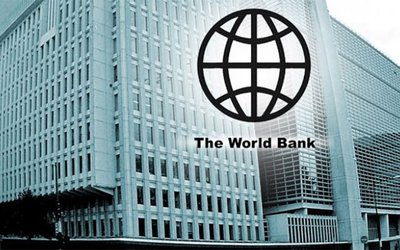
Nepal is preparing the NAP document by enlisting participation through interaction among various stakeholders, but some confusion remains on certain issues of the process.
Although Nepal has already been in the process of NAP with the formation of the expert team to support the government, the members are yet to develop a coherent approach to the NAP process. At a program organized by Ministry of Population and Environment, Climate Change Management Division National Adaptation Plan Formulation Process, Thinely Namgyal, chief environment officer, climate change division, National Climate Change Division of Bhutan, was able to remove the confusions on the NAP process.
Nepal has already prepared National Adaptation Programs of Action (NAPAs) and implementation of NAPA has been possible at the local level, the preparation of National Adaptation Plan (NAP) is a bit different as NAP is a long term strategy and planning for adaptation.
Supported by Action on Climate Today, Oxford Policy Management and Practical Action, the aim of this Government-led process is to involve all stakeholders in the process so that they feel the ownership of it.
At the program chaired by Dr. Ram Prasad Lamsal, joint secretary at MOPE, Naresh Sharma, head of climate Finance Management Section and NAP coordinator, highlighted the objective of the workshop saying that sharing knowledge about the NAP process helps facilitate the integration of climate change adaptation, in a coherent manner, into relevant new and existing policies, programs and activities, in particular, development planning processes and strategies, within all relevant sectors and at different levels, as appropriate.
Sharma, who presented three different papers, moderated the whole day workshop sharing insights and replying to the queries raised by various participants attending the workshop.
“We are not launching the process with long preparations. Ten government officials participated in the NAP formulation process through NAP-GSP and LEG organized regional training-workshops. The process was initiated in 2013 in Nepal by designating an official to NAP-GSP and NAP process was launched in September 2015,” said Sharma.
“We have made certain progress during this period of time. This workshop helped to further accelerate the process of NAP,” said Dr. Lamsal, in his concluding remarks.
Objectives of the NAP process are: to reduce vulnerability to the impacts of climate change, by building adaptive capacity and resilience and to facilitate the integration of climate change adaptation, in a coherent manner, into relevant new and existing policies, programs and activities, in particular development planning processes and strategies, within all relevant sectors and at different levels, as appropriate.
Theme-based working groups were on Agriculture and Food Security (Nutrition), Climate-induced Disasters, Forests and Biodiversity, Health (and WASH), Tourism, Natural and Cultural Heritage, Urban Settlement and Infrastructure, Water Resources and Energy, Cross-cutting WGs, Gender and Social Inclusion; and Livelihood and Governance.
With support from Practical Action, nine working group experts and two technical/knowledge management officers, including TL, have been working from early May 2016
“The workshop also helped us to developed common understanding on the NAP formulation process within the NAP team,” said Batu Krishna Uprety, NAP team leader. "The workshop was successful to reinforce clarity and confidence.”
In the opening session, Achyut Luitel, head of Practical Action South Asia office, said Practical Action has a long term commitment towards climate change. “We are happy to support the government to carry out the NAP process.”
NAP process was adopted by Cancun Conference. The conference decided to establish a process to enable LDC Parties to formulate and implement national adaptation plans, building upon their experience in preparing and implementing NAPAs, as a means of identifying medium-and long-term adaptation needs and developing and implementing strategies and programs.
“As we are transitioning from short term to long term adaptation action, there is a gap. There is the need of more clarity in approach and process. This is what this kind of workshop provides,” said Dr. Lamsal.
The important aspect of the strategy and policy formulation is the ownership among the stakeholders. People are less worried about content in the document if the process is right and if they could feel that it somehow represents their views and thinking.
As MoPE has envisioned NAP process to be flexible, everyone feels comfortable, confident and shows the willingness to contribute in the process. This is what the one day workshop showed.

Keshab Poudel
Poudel is the editor of New Spotlight Magazine.
- FM Dr. Deuba’s India Visit: Mission Aborted
- Mar 26, 2025
- AMBASSADOR MAEDA TORU: Warm Regards
- Mar 24, 2025
- PRO-MONARCHY MOVEMENT: Rising Dissatisfaction
- Mar 23, 2025
- Dr. PRABIN MANANDHAR: Person With Humility
- Mar 16, 2025
- US SUSPESION OF GRANT: Impact On Nepal
- Mar 10, 2025
